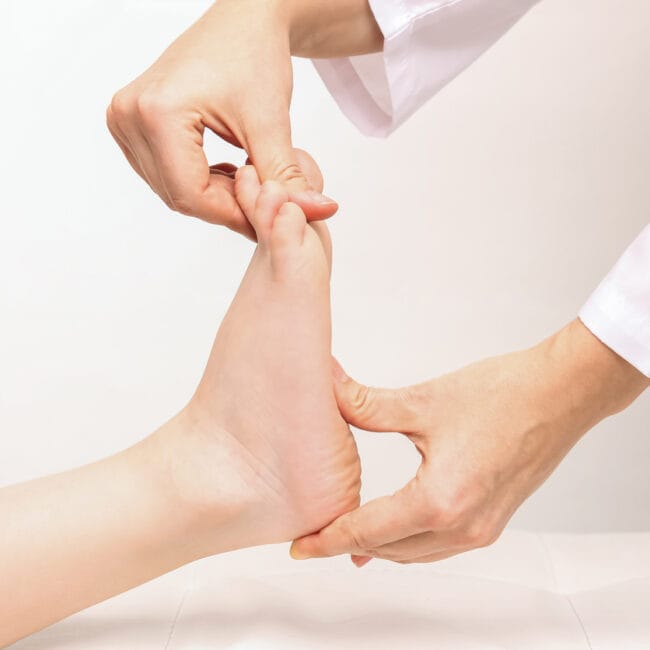Ideally this will now be a total of 7-9 hours sleep, but any increase is an improvement. Rate your energy levels and notice how they improve as your sleep debt diminishes.
Why is sleep important?
Sleep is a requirement not a luxury. We are not robots. Our bodies need sleep in order to recuperate and reenergize. Technology can function 24/7 but humans can’t.
So, how do I know if I’m not getting enough sleep?
You may find that you are irritable, low in energy, having trouble concentrating or remembering things. You might feel grumpy, down in the dumps and generally just not feeling at the top of your game. You might find that you make silly mistakes like putting your phone in the fridge and bringing the milk to work. The reality is that when you don’t get enough sleep, your energy suffers and then everything in life just seems harder.
What happens if you don’t get enough sleep?
When you are in a sleep debt – meaning you owe your body more sleep than what you are giving it – you are at greater risk of weight gain, diabetes, heart disease, stroke, and memory loss.
What can you do to improve your sleep today?
Create a sleep schedule – what time do you have to wake up? Now count 8-9 hours backwards. This is your new bedtime. Try to keep it consistent and then falling asleep will get easier. Like all new habits, this will be tough in the beginning, but you will be soon sleeping like a baby when your body gets used to the new routine.
Create a bedroom designed for sleep – eliminate technology, keep the room at a comfortable temperature, nurture a relaxing environment which promotes rest and winding down.
Use sleeping aids – use earplugs, eye masks, scented pillow sprays, black out curtains and other devices designed to make sleeping easier.
Rest your mind before bed – listening to 10 minutes of mindfulness using Apps, like Calm or Headspace, can be a great way to rest the mind so that you can nod off easily.
Nap only if necessary – night owls and shift workers are at the greatest risk for sleep debt. Napping for an hour or two at the peak of sleepiness in the afternoon can help to supplement hours missed at night. But naps can also interfere with your ability to sleep at night and throw your sleep schedule into disarray.
Limit caffeine and alcohol – try not to drink close to bedtime, as quality sleep can be disrupted.
Exercise regularly
Check in with your GP – if you are sleeping for enough hours but don’t feel rested, have a chat with your doctor as many underlying medical conditions can affect sleep, e.g. sleep apnoea.
Best of luck this week.





















Well done on getting to week 5 of the January BOOST challenges! By now you will hopefully be drinking more water, eating 5 fruit and veg a day, sleeping more and moving your body regularly. These healthy habits are not only manageable, realistic additions to your day-to-day life, but they will have a huge impact on your health long-term. From physical to mental health, each of these habits will help to BOOST your energy and health long-term.